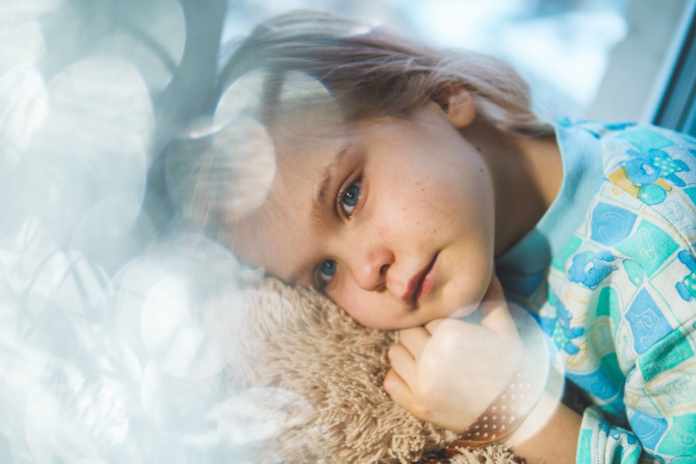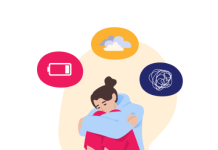Despite COVID-19 being highly transmissible, which has led to an increased number of cases, it is believed that children seem to become infected less often and are either asymptomatic or only suffer with mild symptoms. With restrictions easing more than ever and the UK being able to return to doing the things that they love, it is still important to understand that you and your child can still be infected by COVID-19, and this risk will increase when socialising with others and being in busy public areas. Here is what you should know about the virus and children.
Table of Contents
Symptoms Of COVID-19
Symptoms of the virus can vary from mild to severe and everyone is affected differently, which is why it is always important to take a lateral flow/PCR test to check if you are infected if you are unsure about your symptoms. However, there are 3 most common symptoms to look out for in your child:
· High temperature
· Continuous cough
· A loss or change in sense of smell or taste
Children may experience symptoms differently to adults and as mentioned before, a lot of children are asymptomatic or suffer very mild symptoms that are almost cold-like. For example, runny nose, sneezing, fatigue etc.
What To Do If Your Child Is Symptomatic
If your child is showing symptoms of the virus, don’t panic, and follow the government guidelines. The government has stated that people living in England are no longer required to take a PCR test, however if you feel this is needed, or perhaps you are planning to travel with your child, you may wish to pay for a PCR test Croydon to determine infection status.
You can book a PCR test online by choosing a testing centre that is most convenient for you. You can either book an appointment to visit a walk-in centre, drive-through or order a testing kit to your home for your child.
It is not a legal requirement to isolate if your child tests positive, however it is highly encouraged to stay home and avoid contact with others, as your child could be infectious for up to 10 days.
What To Do If Your Child Has Severe Symptoms
It is common in young children and babies to develop illnesses quickly. It is always crucial to call 111/999 if your child is experiencing any of the following:
· Has a temperature of over 39C
· Has developed a rash that does not disappear under a glass
· Has a fever/temperature that has lasted longer than 5 days is not improving
· Loss of appetite
· Nappies not wet or no tears when crying – these are signs of dehydration
· Neck is stiff
· Particularly cold hands and feet
· Skin pigmentation is changing (looking blue or grey)
· Showing signs of confusion (doesn’t stop crying), hard to waken up or is finding it difficult to breathe
Final Words
COVID-19 is known for presenting itself differently in children and adults. Fortunately, it is rare for children and babies to become severely unwell with the virus and if they are showing symptoms, this can usually be subsided with calpol. However, it is also important to know when to call 111 or 999 in severe cases when you feel your child is suffering. Whether related to COVID-19 or not, children can develop viruses, illnesses and bacterial infections very quickly. Which is why it is important to seek medical advice as soon as you feel their symptoms are a cause for concern.
















